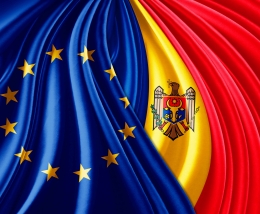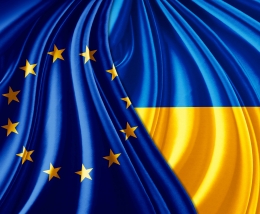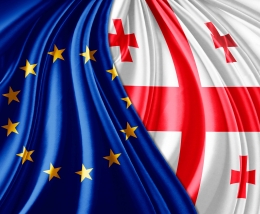European Economic
and Social Committee
Wschodni sąsiedzi
Działania EKES-u związane ze wschodnimi sąsiadami obejmują Armenię, Azerbejdżan, Białoruś, Gruzję, Mołdawię i Ukrainę. Głównym celem EKES-u w odniesieniu do wschodnioeuropejskich sąsiadów jest rozszerzanie stosunków z organizacjami społeczeństwa obywatelskiego w regionie i angażowanie ich w dialog zarówno z decydentami krajowymi, jak i ze zorganizowanym społeczeństwem obywatelskim UE.
Głównymi mechanizmami współpracy z Gruzją, Mołdawią i Ukrainą są platformy społeczeństwa obywatelskiego, które uzupełniają organy polityczne istniejące w ramach układów o stowarzyszeniu z tymi krajami. Platformy umożliwiają organizacjom społeczeństwa obywatelskiego zarówno z UE, jak i z krajów partnerskich monitorowanie procesu wdrażania oraz przygotowywanie zaleceń dla właściwych organów.
Po stronie UE w skład platform wchodzą członkowie EKES-u oraz przedstawiciele dużych europejskich sieci społeczeństwa obywatelskiego. Po stronie krajów partnerskich reprezentują one szerokie spektrum organizacji społeczeństwa obywatelskiego. Członkostwo w platformie oparte jest na zrównoważonej reprezentacji wszystkich grup interesów (organizacje pracodawców, związki zawodowe i grupy interesów różnych).
W ramach EKES-u Komitet Monitorujący ds. Wschodnich Sąsiadów UE ustanowiono w 2004 r. jako specjalny organ odpowiedzialny za relacje ze społeczeństwem obywatelskim w państwach wschodniego sąsiedztwa. Komitet Kontrolny zbiera się zazwyczaj cztery razy do roku, a jego członkowie biorą czynny udział w działaniach Partnerstwa Wschodniego, takich jak platformy wielostronne w ramach Partnerstwa Wschodniego oraz Forum Społeczeństwa Obywatelskiego Partnerstwa Wschodniego.



